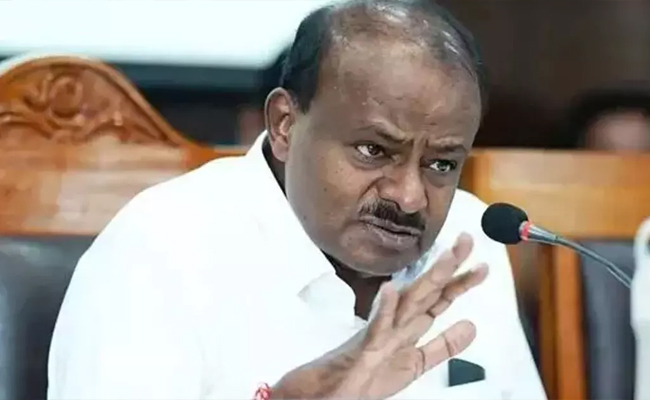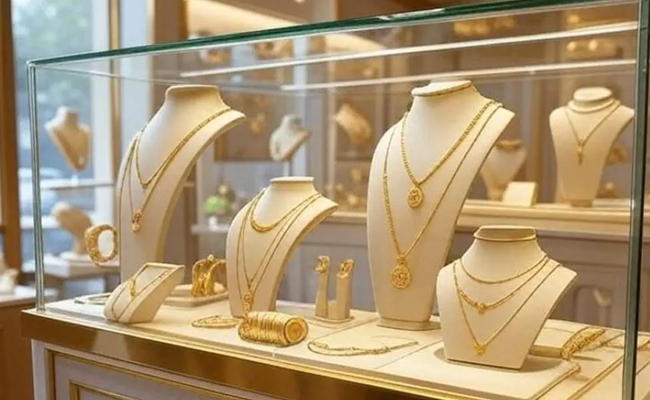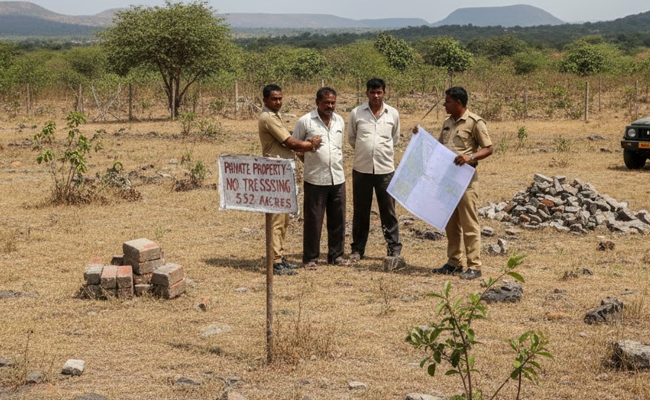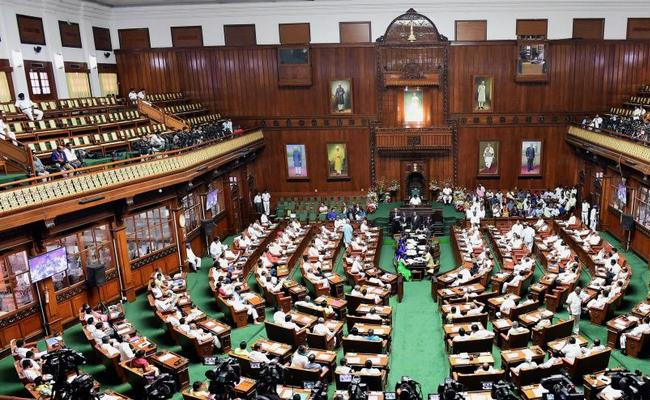Mumbai: The Union Ministry of Home Affairs has granted Foreign Contribution (Regulation) Act (FCRA), 2010, registration to the Chief Minister’s Relief Fund (CMRF) of Maharashtra, thereby allowing it to receive foreign donations for “social” initiatives.
This marks the first instance of a state government’s relief fund receiving FCRA approval, a move that will enable the fund to supplement financial aid for victims of natural disasters, major accidents, communal violence, terrorist attacks, and for individuals requiring medical or educational assistance, as reported by The Hindu.
State relief funds generally rely on domestic contributions. The Centre’s latest decision departs from its earlier stance in 2018, when it declined foreign aid for flood relief efforts in Kerala.
The CMRF, registered as a Trust under the Bombay Public Trusts Act, 1950, is overseen by the Maharashtra government under the chairmanship of the Chief Minister. A tender floated in February indicated that the average number of transactions handled by the CMRF are between one lakh and 1.5 lakh per year.
The Prime Minister’s Citizen Assistance and Relief in Emergency Situations Fund (PM CARES), established in March 2020 in response to the COVID-19 pandemic, was exempted from FCRA provisions and permitted to maintain a separate account for foreign donations.
The Home Ministry regulates foreign donations through the FCRA to ensure that such funds do not adversely affect country’s internal security, added the report. All associations, NGOs, or groups intending to receive foreign funds for social, educational, religious, economic, or cultural activities must be registered under the Act.
So far this year, FCRA registration has been granted to 244 organisations, including the Ramakrishna Mission in Kolkata, the Ramakrishna Mission Hospital in Itanagar, and several Buddhist associations. As of May 30, India has 16,141 FCRA-registered NGOs.
Let the Truth be known. If you read VB and like VB, please be a VB Supporter and Help us deliver the Truth to one and all.
Mysuru (PTI): Union Minister H D Kumaraswamy on Tuesday accused the Congress government in Karnataka of "neglecting" the farmers in the state and being involved in corruption.
The JD(S) leader took part in an event where President Droupadi Murmu inaugurated the 1066th Jayanthi celebrations of Adi Jagadguru Sri Shivarathreeshwara Shivayogi Mahaswamiji at Malavalli in Mandya district, which comes under his Lok Sabha constituency.
"I saw a report that 2,800 farmers have died by suicide after this government came to power (in state). The government seems to be not concerned about the farmers. This government on coming to power said that it will give Rs 24,000 crore as loan to 32 lakh farmers for their farming activities, but till November, about Rs 12,000 crore has been paid to 24 lakh farmers, limiting to what was there earlier by managing the books of account," Kumaraswamy said.
Speaking to reporters here, he said, "These things show the failures of this government. Also, there is a corrupt system. I will not speak about it now. After December 20, I will speak to you in detail. There are a lot of issues to share with you."
ALSO READ: Will remain CM till high command wishes: Siddaramaiah
Responding to a question, the JD(S) leader, who turned 66 today, said there is no use of giving any documents. "I'm waiting for the right time."
Regarding the Congress government introducing a bill against "hate speech" in the Assembly, Kumaswamy said it is aimed at silencing the opposition in the state, but they won't be successful.
"What do Congress leaders have to say about their workers' comments against Prime Minister Narendra Modi?. He cited slogans -- 'Modi teri kabr khudegi, aaj nahi to kal khudegi' (Modi's grave will be dug.. if not today, then tomorrow) -- allegedly raised against Modi at a Congress rally in Delhi on Sunday.





